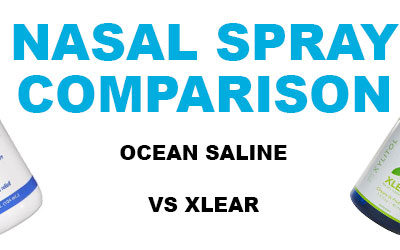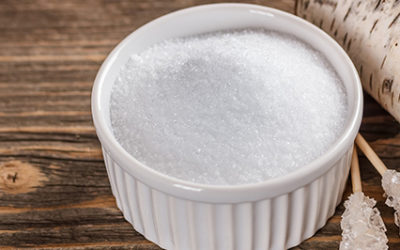What is Sinusitis?
Sinusitis is caused by the tissue lining of the sinus cavity becoming swollen or irritated. There are six sinus cavities that connect to the nasal passages and when healthy, they are filled with air. If viruses, fungi, or bacteria get into these cavities from their homes in the nose and are able to find a place to hold on an infection can begin.
This happens mostly when there are structural problems like a deviated septum or cleft palate, or environmental challenges like the sick, runny nose children that teachers have to deal with every school day, or flight attendants whose normal defenses are severely compromised by the extremely low humidity in commercial airplanes.
The most common symptoms of sinusitis include:
- Nasal congestion
- Facial pressure or pain
- Nasal Discharge
- Upper teeth ache
- Decreased sense of taste and/or smell
- Fever
- Fatigue
- Headache
Types of Sinusitis
There are three different degrees of sinusitis: acute, subacute, and chronic. Acute sinusitis is often caused by a cold, bacteria, fungal infection, or allergy. Generally, acute sinusitis last for up to 4 weeks. Subacute sinusitis progresses to set in if acute sinusitis has not cleared and can linger for 4 to 12 weeks. Chronic sinusitis lasts at least 8 to 12 weeks (or is reoccurring) and can be caused by an infection, a deviated septum, or growths in the sinuses (nasal polyps).
Doctors and pharmacists often recommend nasal decongestant sprays for symptom relief. To understand the problems associated with this and nasal irrigation read our post on The Nose is a Nidus. Unfortunately, sinusitis generally lasts much longer than the maximum recommendation for use (typically up to 5 days of use). Most nasal decongestant sprays contain potent active ingredients which can further irritate the sinuses and nasal passages. After extended use, the positive effects begin to lessen with each dosage, causing the person to medicate more frequently. These powerful chemical ingredients can further damage your tissues, and after time, do more harm than good. Doctors also prescribe antibiotics to treat sinusitis, however recently the CDC issued a warning about overprescribing antibiotics and instead suggested using sinus irrigation.
Sinusitis can be uncomfortable and painful, so we recommend use a natural saline nasal spray containing xylitol. These sprays are safe for the whole family to use, and won’t cause rebound congestion or addiction, meaning you can use them as often as needed.
Related Articles
Comparison: Ocean Saline Nasal Spray and Xlear Nasal Spray
Congestion and nasal symptoms related to allergies, a cold, or the flu are unavoidable. When you go to the drug store or pharmacy to find some relief the many choices can seem over whelming, especially when you’re under the weather. We’ve...
Why Xylitol Works
xylitol provides both oral and nasal defenses by its action on the bacteria that cause our problems, and by enhancing our defenses in those areas.







